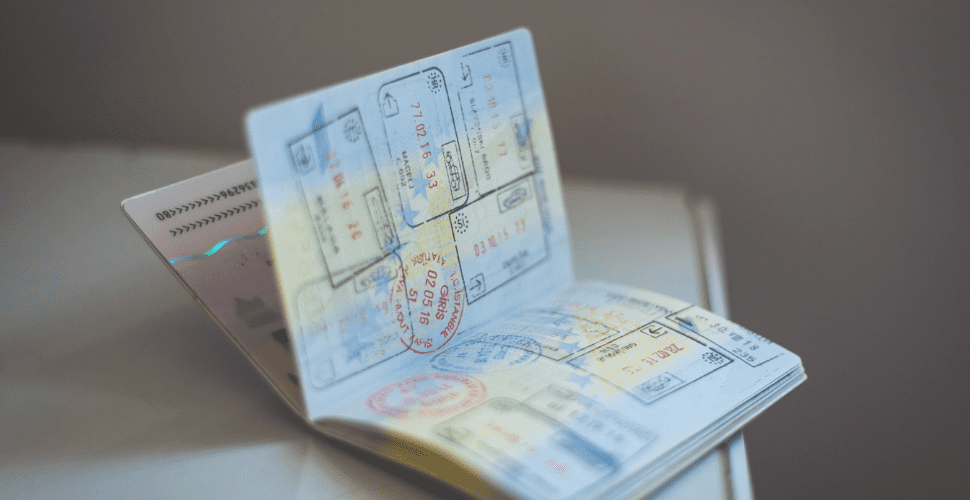
New restrictions help, but temporary migrant workers in Australia still face modern slavery
After two high-profile federal cases exposed systemic labor exploitation by foreign diplomats working in Australia, the government has put in place new restrictions aimed at curbing abuse. But The Guardian reports a recent visit from The U.N. special rapporteur on contemporary forms of slavery said he still had “serious concerns” about the treatment of all temporary migrant workers in Australia.
“Slave-like working conditions”
Prof Tomoya Obokata, The U.N. special rapporteur on contemporary forms of slavery, just wrapped up a visit to Australia. His visit was sparked by new restrictions by the government on foreign diplomats bringing domestic workers into the country. Two recent court cases underlined growing concerns that foreign domestic workers were facing widespread abuse but were largely invisible due to working in the private homes of foreign diplomats. However, Obokata was quick to point out that these issues didn’t just apply to foreign domestic workers, but all temporary migrant works across the country.
Obokata said:
“I received credible information from a large number of stakeholders, including workers themselves, which clearly reveals disturbing, sometimes very serious, patterns of exploitative practices by employers, labor hire companies and migration agents,”
According to Obokata, the temporary work program in Australia creates a significant power imbalance between employers and workers. The system itself facilitates the abuse. This is due to the fact that it essentially ties workers to a single employer. That leaves them dependent upon that employer for their right to work or even remain in the country. It also leaves them extremely vulnerable to abuse.
